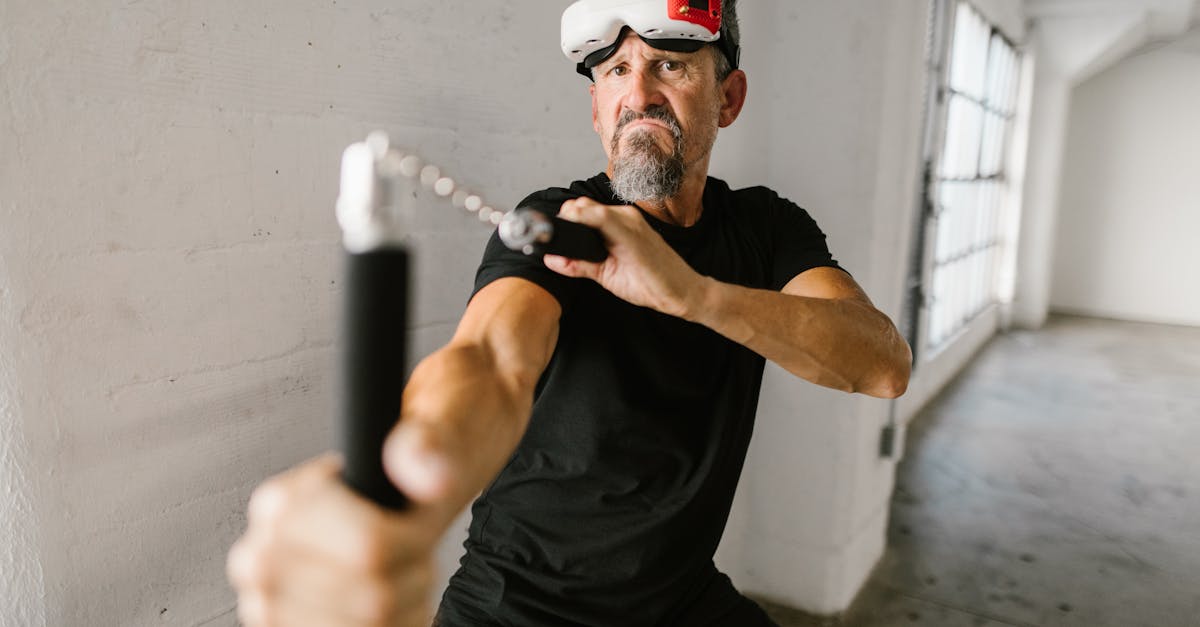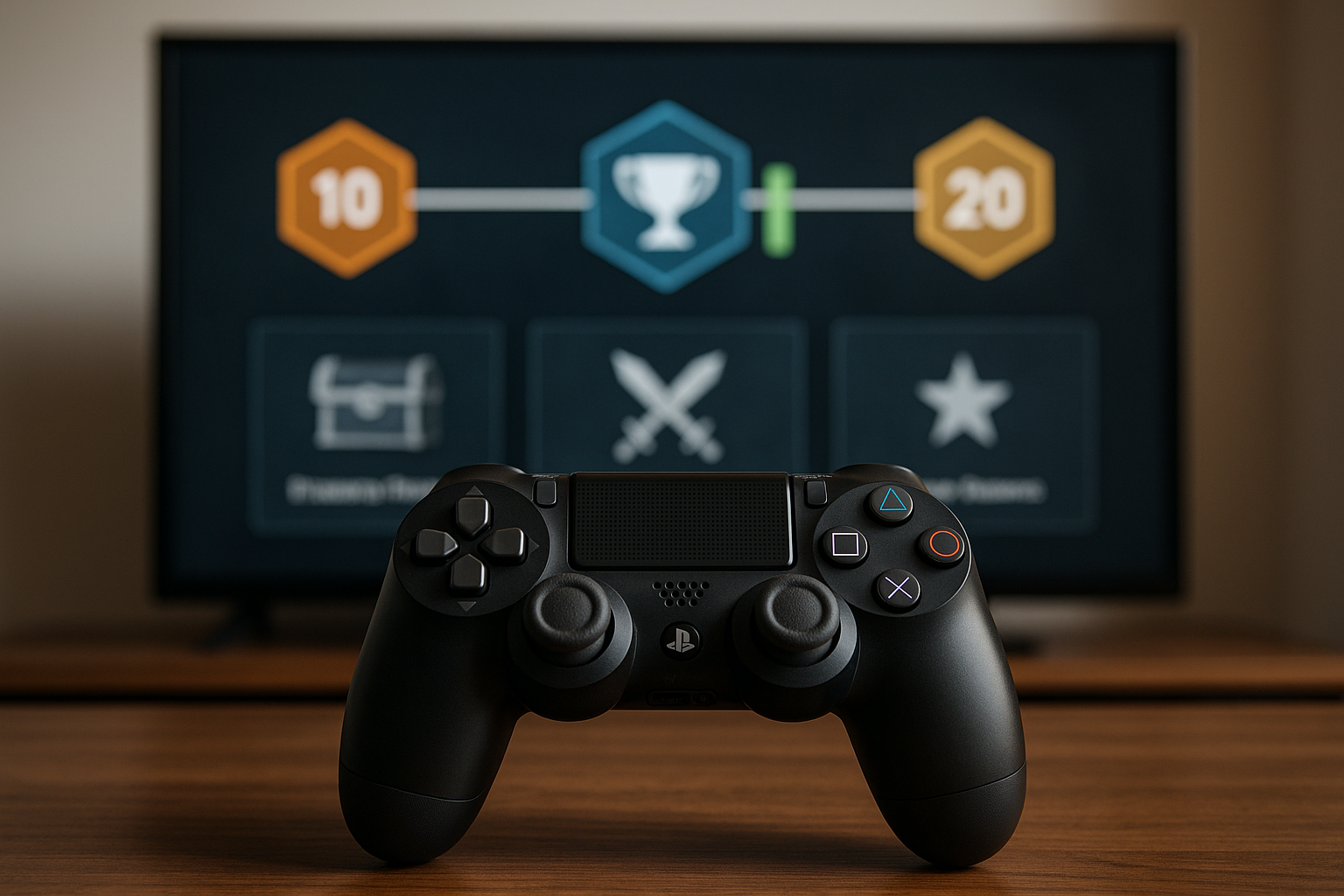Level Up: How to Use Gaming Psychology to Crush Your Fitness Goals
In recent years, the worlds of gaming and fitness have found an unexpected yet harmonious intersection, driven by the principles of gaming psychology. This burgeoning field explores how the motivational strategies and reward systems inherent in video games can be leveraged to enhance fitness routines, making them more engaging and effective. By understanding the psychological underpinnings that make gaming so addictive, individuals can apply these principles to their fitness regimes to overcome mental barriers, increase motivation, and ultimately crush their fitness goals. This article delves into ten key aspects of gaming psychology that can transform your approach to fitness, providing a roadmap to level up your physical health journey.
Gamification: Turning Workouts into Play

Gamification is the process of integrating game-like elements into non-game contexts, and it has revolutionized the way we perceive fitness. By incorporating points, levels, and achievements into workout routines, individuals can transform mundane exercises into engaging challenges. This approach taps into our innate desire for competition and achievement, making workouts more enjoyable and less of a chore. Apps like Zombies, Run! and Fitbit use these principles to motivate users by turning physical activity into a narrative-driven experience. By setting clear goals and providing immediate feedback, gamification keeps users motivated and engaged, fostering a sense of accomplishment with each milestone reached.
The Power of Progression Systems

One of the most compelling aspects of video games is their progression systems, which provide players with a sense of growth and advancement. This concept can be directly applied to fitness by setting incremental goals that gradually increase in difficulty. By breaking down larger fitness objectives into smaller, manageable tasks, individuals can experience a continuous sense of progress, similar to leveling up in a game. This not only prevents burnout but also sustains motivation over the long term. Progression systems in fitness can include increasing weights, running longer distances, or mastering new skills, each serving as a stepping stone towards ultimate fitness goals.
